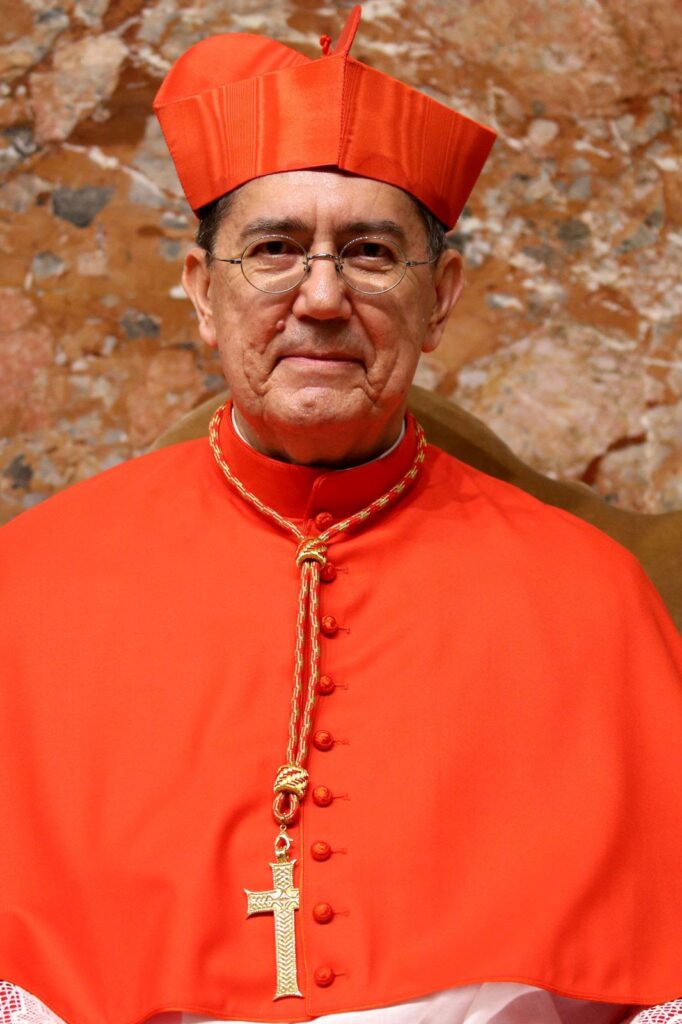Message for the month of Ramadan and Eid al-Fitr
Dear Muslim brothers and sisters,

As all of us know, the pandemic caused by COVID-19 has taken away the lives of millions of persons around the world, including members of our families. Others fell sick and were healed, yet they experienced much long-lasting pain and suffering from the consequences of the virus. As you celebrate the month of Ramadan that concludes with Eid al-Fitr, our thoughts turn in gratitude to Almighty God who has protected all of us in His Providence. We also pray for the dead and the sick with sorrow and hope.
The pandemic and its tragic effects on every aspect of our way of life have drawn attention anew to one of those important elements: sharing. For this reason we thought it opportune to address this issue in the Message we are pleased to send to each and all of you.
We all share God’s gifts: air, water, life, food, shelter, the fruits of medical and pharmaceutical advances, the results of the progress of science and technology in diverse fields and their application, the ongoing discovery of the universe’s mysteries… The awareness of God’s bounty and generosity fills our hearts with gratitude towards Him and, at the same time, encourages us to share His gifts with our brothers and sisters who are in any kind of need. The poverty and precarious situations in which many people find themselves because of the loss of employment and the economic and social problems related to the pandemic make our duty of sharing ever more urgent.
Sharing finds its most profound motivation in the awareness that all we are and all we have are gifts from God and that, in consequence, we have to put our talents at the service of all our brothers and sisters, sharing what we have with them.
The best form of sharing springs from genuine empathy and effective compassion towards others. In this regard, we find a meaningful challenge in the New Testament: “If anyone is well-off in worldly possessions and sees his brother in need but closes his heart to him, how can the love of God abide in him? Children, our love must be not just words or mere talk, but something active and genuine (John 3, 17- 18).
However, sharing is not limited to material goods. Above all, it involves sharing one another’s joys and sorrows, which are part of every human life. Saint Paul invited the Christians of Rome to “rejoice with others when they rejoice, and be sad with those in sorrow” (Romans 12, 15). Pope Francis, for his part, affirmed that a shared pain is halved and a shared joy is doubled (cf. Meeting with the pupils of Scholas Occurrentes, May 11, 2018).
From empathy comes the sharing of attitudes and sentiments on the occasion of important events,both joyful and sad, in the lives of our relatives, friends and neighbors, including those from other religions: their joys become ours, their sorrows become ours as well.
Among shared joys are the birth of a child, healing from a sickness, success in studies, at work or in business, safe return from a journey, and certainly other occasions. There is also a particular joy for believers: the celebration of major religious feasts. When we visit or congratulate our friends and neighbors of other religions for those occasions, we share their joy for the celebration of their feast without having to adopt the religious dimension of the celebrated occasion as our own.
Among shared sorrows are, first of all, the death of a person close to us, the sickness of a member of the family, the loss of a job, the failure of a project or of a business, a crisis in the family that sometimes results in its division. It is obvious that we need the proximity and solidarity of our friends more in times of crisis and sorrow than in times of joy and peace.
Our hope, dear Muslim brothers and sisters, is that we continue sharing the joys and sorrows of all our neighbours and friends, because God’s lose embraces every person and the entire universe.
As a sign of our shared humanity and the fraternity that flows from it, we wish you a peaceful and fruitful Ramadan and a joyful celebration of Eid al-Fitr.
The author is Cardinal Miguel Ángel Ayuso Guixot, M.C.C.J., the president of the Pontifical Council for Interreligious Dialogue.
